You know how in English you can take pretty much any noun and make it a verb—derivation for the cunning linguists out there—by adding to to the front? For example, how the search engine Google has become to google, as in, “Why the hell are you asking me? Go google it, you twit!”
Well, you can do the same thing in Japanese by adding –ru or a handful of other suffixes to the end of a word, and some Japanese net users recently had some fun with this by turning country names into some very non-PC verbs.
Have a look at our geopolitical dictionary and see how your country fared.
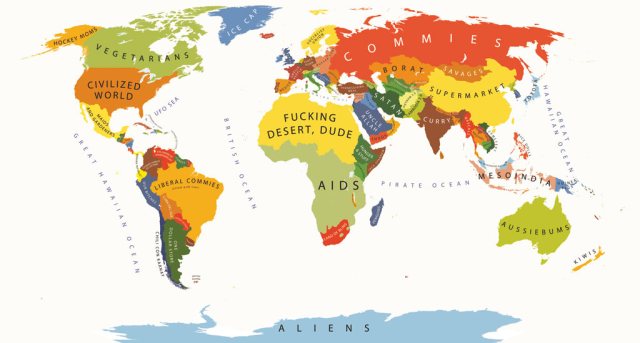
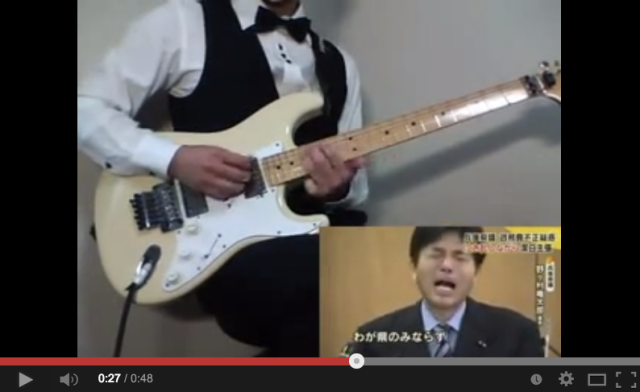
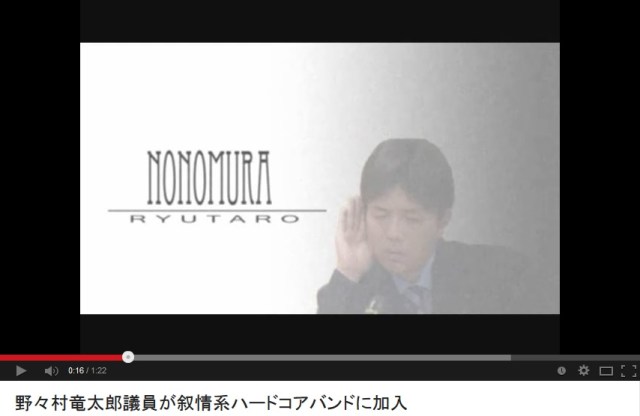
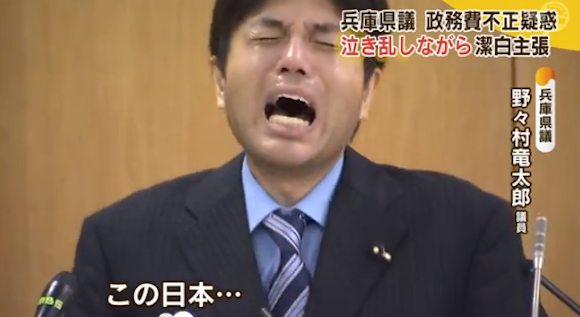
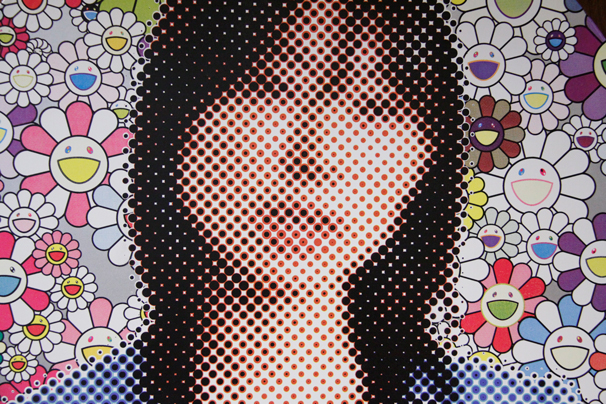


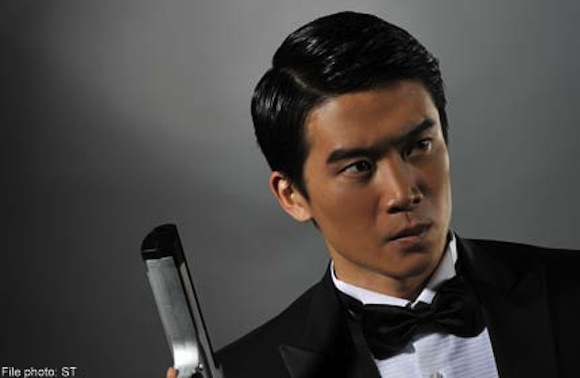
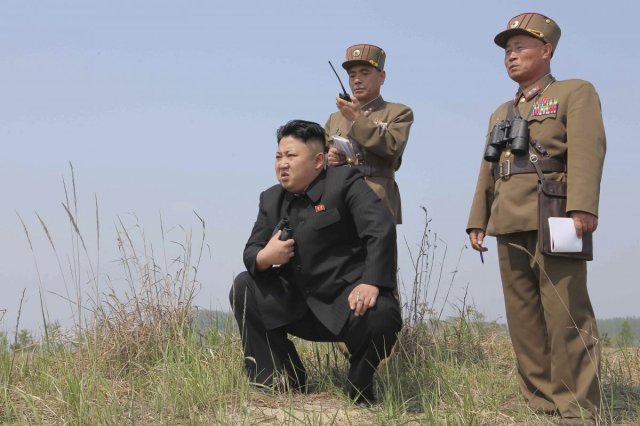


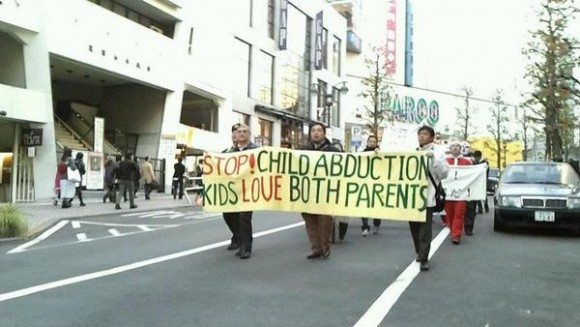

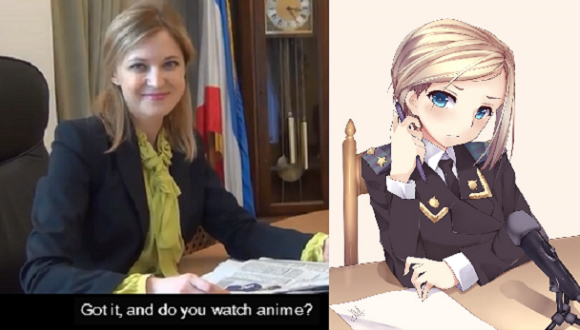

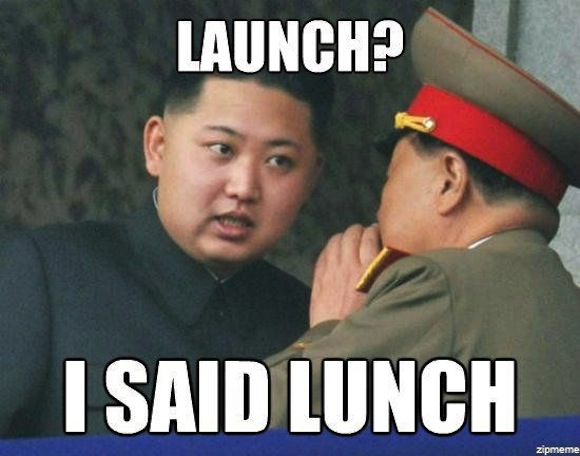

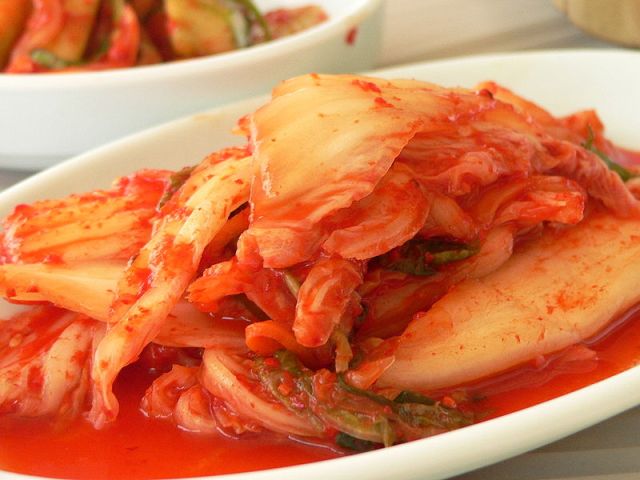
 Starbucks teams up with 166-year-old Kyoto doll maker for Year of the Horse decorations【Photos】
Starbucks teams up with 166-year-old Kyoto doll maker for Year of the Horse decorations【Photos】 Tokyo’s Tsukiji sushi neighborhood asks tour groups to stay away for the rest of the month
Tokyo’s Tsukiji sushi neighborhood asks tour groups to stay away for the rest of the month New Evangelion short anime, written by Hideaki Anno, to have world premiere early next year
New Evangelion short anime, written by Hideaki Anno, to have world premiere early next year Japanese Cabinet to officially announce new romanization spelling recommendation next week
Japanese Cabinet to officially announce new romanization spelling recommendation next week More people in Japan quit sending New Year’s cards and many have started to regret it
More people in Japan quit sending New Year’s cards and many have started to regret it Japanese convenience store chain has beer and sake dispensers that few people know about
Japanese convenience store chain has beer and sake dispensers that few people know about Tokyo adding new anti-littering fines in Shibuya and Harajuku, will require more trash cans too
Tokyo adding new anti-littering fines in Shibuya and Harajuku, will require more trash cans too Street Fighter Hadouken Churros to be launched and eaten in Tokyo, Okami pudding on offer too
Street Fighter Hadouken Churros to be launched and eaten in Tokyo, Okami pudding on offer too New line of Evangelion fishing lures and other gear released by Japanese maker Dress
New line of Evangelion fishing lures and other gear released by Japanese maker Dress Bear attack shelters going on sale in Japan as country experiences record-high number of incidents
Bear attack shelters going on sale in Japan as country experiences record-high number of incidents More Shinkansen trains being added to Japan’s “golden route” to meet traveler demand
More Shinkansen trains being added to Japan’s “golden route” to meet traveler demand Japanese avoiding domestic travel as foreign tourists increase, possibly creating vicious cycle
Japanese avoiding domestic travel as foreign tourists increase, possibly creating vicious cycle Japanese man who didn’t know how banks work defrauded out of 21 million yen
Japanese man who didn’t know how banks work defrauded out of 21 million yen Japanese woman mistaken for bear
Japanese woman mistaken for bear This hot springs town in Japan sets fire across a mountain every winter in a beautiful tradition
This hot springs town in Japan sets fire across a mountain every winter in a beautiful tradition Tokyo considering law requiring more trash cans following litter increase in heavily touristed area
Tokyo considering law requiring more trash cans following litter increase in heavily touristed area Gundam and Reebok team up for new GQuuuuuuX Pumps【Photos】
Gundam and Reebok team up for new GQuuuuuuX Pumps【Photos】 Return of Totoro sequel short anime announced for Ghibli Park
Return of Totoro sequel short anime announced for Ghibli Park Japan’s human washing machines will go on sale to general public, demos to be held in Tokyo
Japan’s human washing machines will go on sale to general public, demos to be held in Tokyo Starbucks Japan unveils new Christmas goods and a rhinestone tumbler that costs 19,500 yen
Starbucks Japan unveils new Christmas goods and a rhinestone tumbler that costs 19,500 yen Real-world Nausicaa Ghibli anime glider completes its final flight in Japan【Video】
Real-world Nausicaa Ghibli anime glider completes its final flight in Japan【Video】 Japanese train company is letting fans buy its actual ticket gates for their homes
Japanese train company is letting fans buy its actual ticket gates for their homes Is China’s don’t-go-to-Japan warning affecting tourist crowds in Tokyo’s Asakusa neighborhood?
Is China’s don’t-go-to-Japan warning affecting tourist crowds in Tokyo’s Asakusa neighborhood? The 10 best day trips from downtown Tokyo【Survey】
The 10 best day trips from downtown Tokyo【Survey】 Nintendo’s Kirby now delivering orders at Kura Sushi restaurants, but not in Japan
Nintendo’s Kirby now delivering orders at Kura Sushi restaurants, but not in Japan Tokyo event lets you travel back in time, for free, to celebrate 100 years since Showa era start
Tokyo event lets you travel back in time, for free, to celebrate 100 years since Showa era start A guide to visiting Sagamiko Illumination, one of the three biggest light-ups in Kanto
A guide to visiting Sagamiko Illumination, one of the three biggest light-ups in Kanto Survey asks foreign tourists what bothered them in Japan, more than half gave same answer
Survey asks foreign tourists what bothered them in Japan, more than half gave same answer Japan’s deadliest food claims more victims, but why do people keep eating it for New Year’s?
Japan’s deadliest food claims more victims, but why do people keep eating it for New Year’s? We deeply regret going into this tunnel on our walk in the mountains of Japan
We deeply regret going into this tunnel on our walk in the mountains of Japan Studio Ghibli releases Kodama forest spirits from Princess Mononoke to light up your home
Studio Ghibli releases Kodama forest spirits from Princess Mononoke to light up your home Major Japanese hotel chain says reservations via overseas booking sites may not be valid
Major Japanese hotel chain says reservations via overseas booking sites may not be valid Put sesame oil in your coffee? Japanese maker says it’s the best way to start your day【Taste test】
Put sesame oil in your coffee? Japanese maker says it’s the best way to start your day【Taste test】 The top 10 annoying foreign tourist behaviors on trains, as chosen by Japanese people【Survey】
The top 10 annoying foreign tourist behaviors on trains, as chosen by Japanese people【Survey】 No more using real katana for tourism activities, Japan’s National Police Agency says
No more using real katana for tourism activities, Japan’s National Police Agency says Starbucks Japan reveals new sakura drinkware collection, inspired by evening cherry blossoms
Starbucks Japan reveals new sakura drinkware collection, inspired by evening cherry blossoms Japanese convenience store chain has beer and sake dispensers that few people know about
Japanese convenience store chain has beer and sake dispensers that few people know about Tokyo adding new anti-littering fines in Shibuya and Harajuku, will require more trash cans too
Tokyo adding new anti-littering fines in Shibuya and Harajuku, will require more trash cans too Street Fighter Hadouken Churros to be launched and eaten in Tokyo, Okami pudding on offer too
Street Fighter Hadouken Churros to be launched and eaten in Tokyo, Okami pudding on offer too New line of Evangelion fishing lures and other gear released by Japanese maker Dress
New line of Evangelion fishing lures and other gear released by Japanese maker Dress Bear attack shelters going on sale in Japan as country experiences record-high number of incidents
Bear attack shelters going on sale in Japan as country experiences record-high number of incidents Police called out to investigate suspicious Santa in Wakayama
Police called out to investigate suspicious Santa in Wakayama One Piece devil fruit ice cream coming back to Baskin-Robbins Japan
One Piece devil fruit ice cream coming back to Baskin-Robbins Japan Tokyo event lets you travel back in time, for free, to celebrate 100 years since Showa era start
Tokyo event lets you travel back in time, for free, to celebrate 100 years since Showa era start Make Tracks to Tokyo’s Train Bars
Make Tracks to Tokyo’s Train Bars Japan’s 10 best Ferris wheels for beautiful views, as chosen by travelers【Survey】
Japan’s 10 best Ferris wheels for beautiful views, as chosen by travelers【Survey】 We try the Jack & Coke canned cocktail to see if it’s any better than mixing one yourself
We try the Jack & Coke canned cocktail to see if it’s any better than mixing one yourself Japan’s new trading card game hit has pictures of real-life middle-aged men on every card【Video】
Japan’s new trading card game hit has pictures of real-life middle-aged men on every card【Video】 Three tricky ways the Japanese entertainment industry keeps idol singers from dating
Three tricky ways the Japanese entertainment industry keeps idol singers from dating